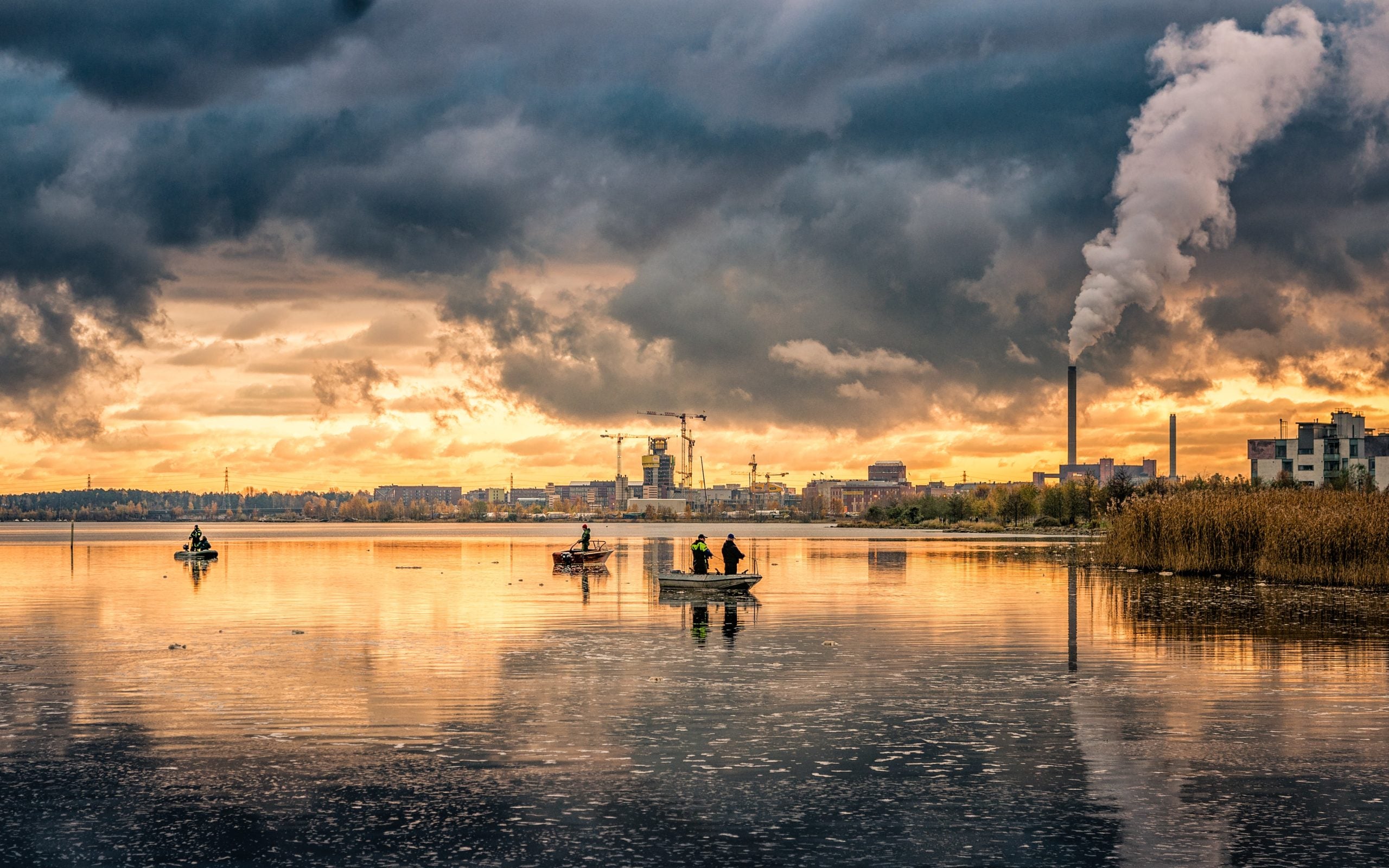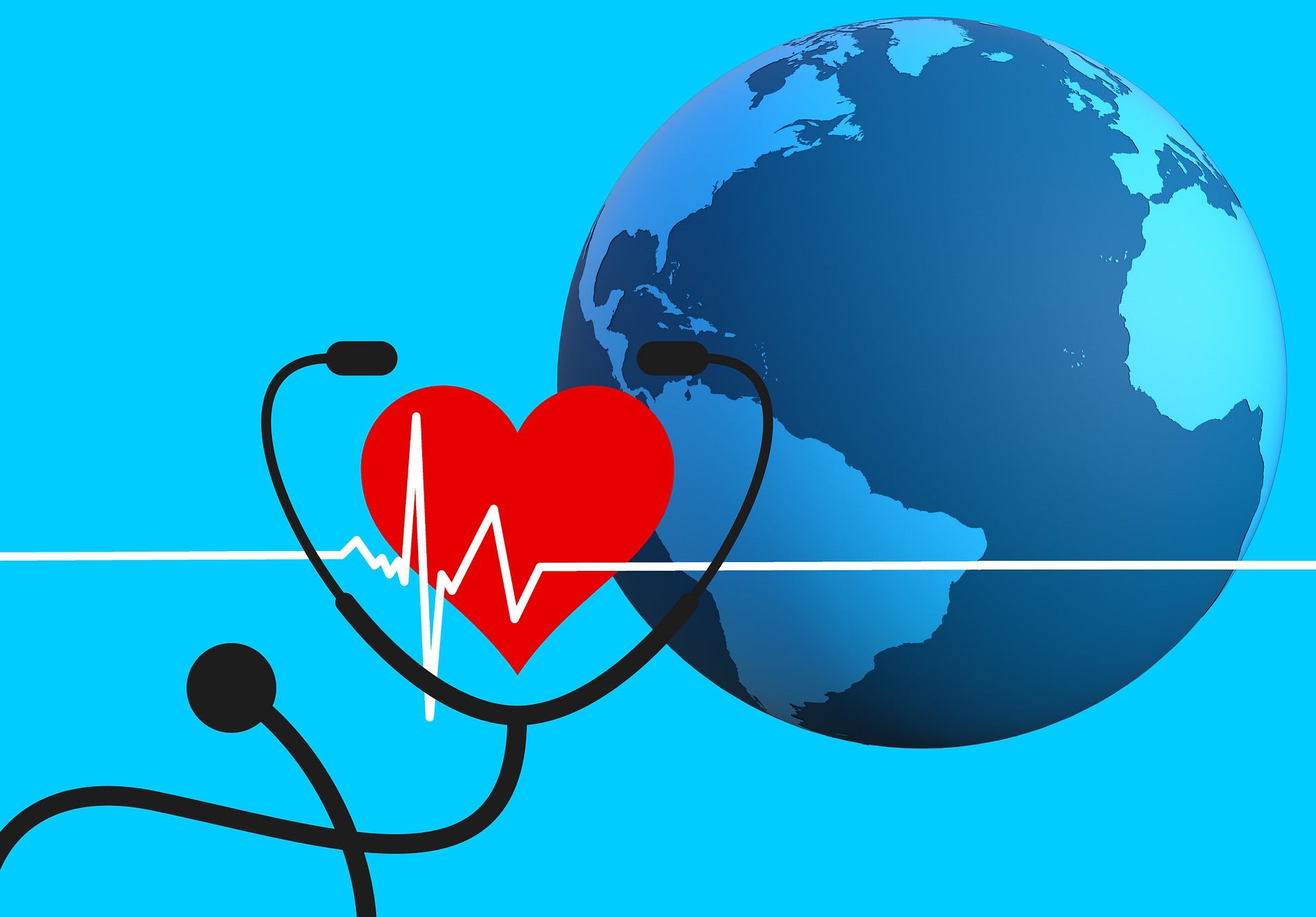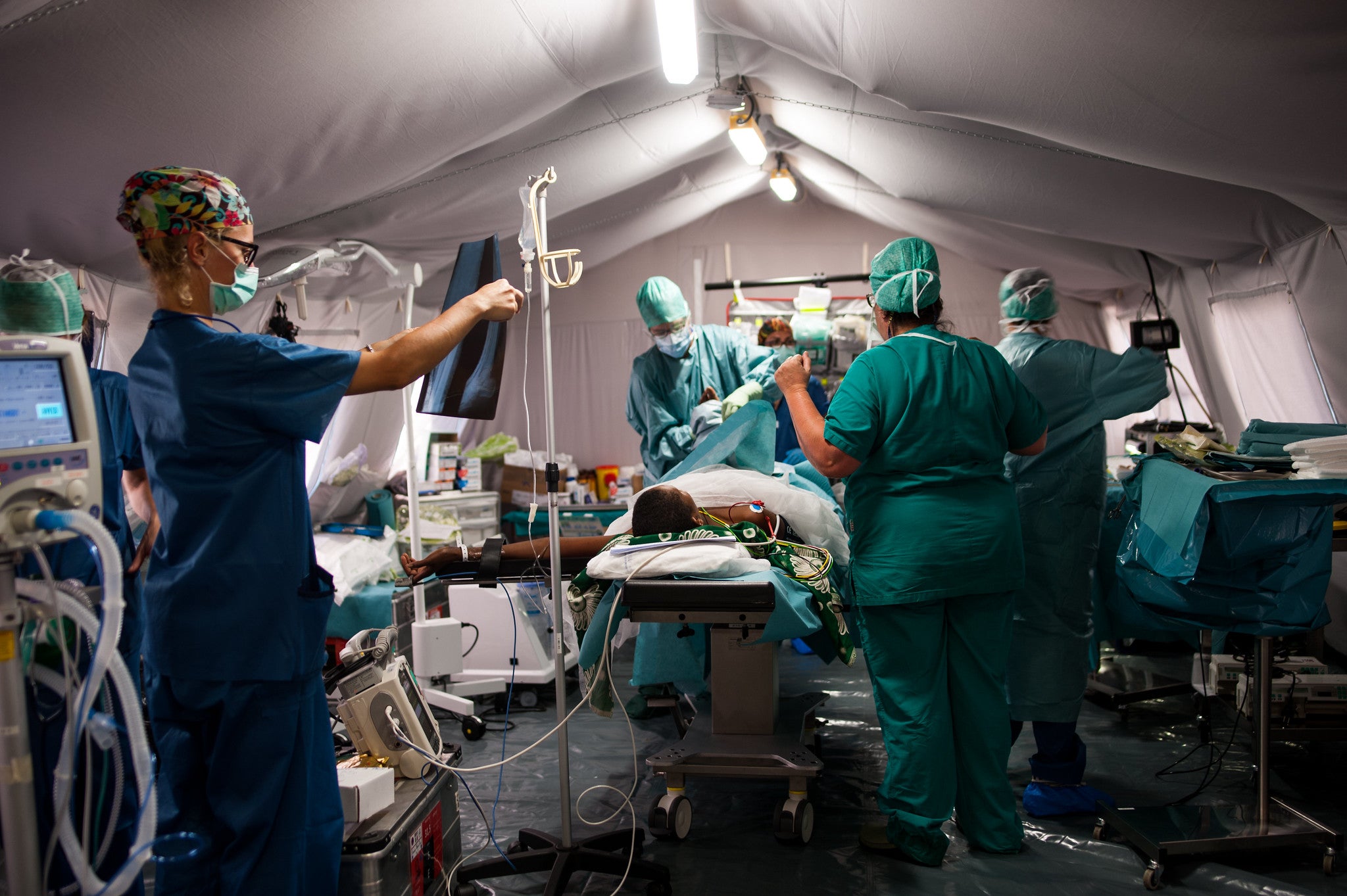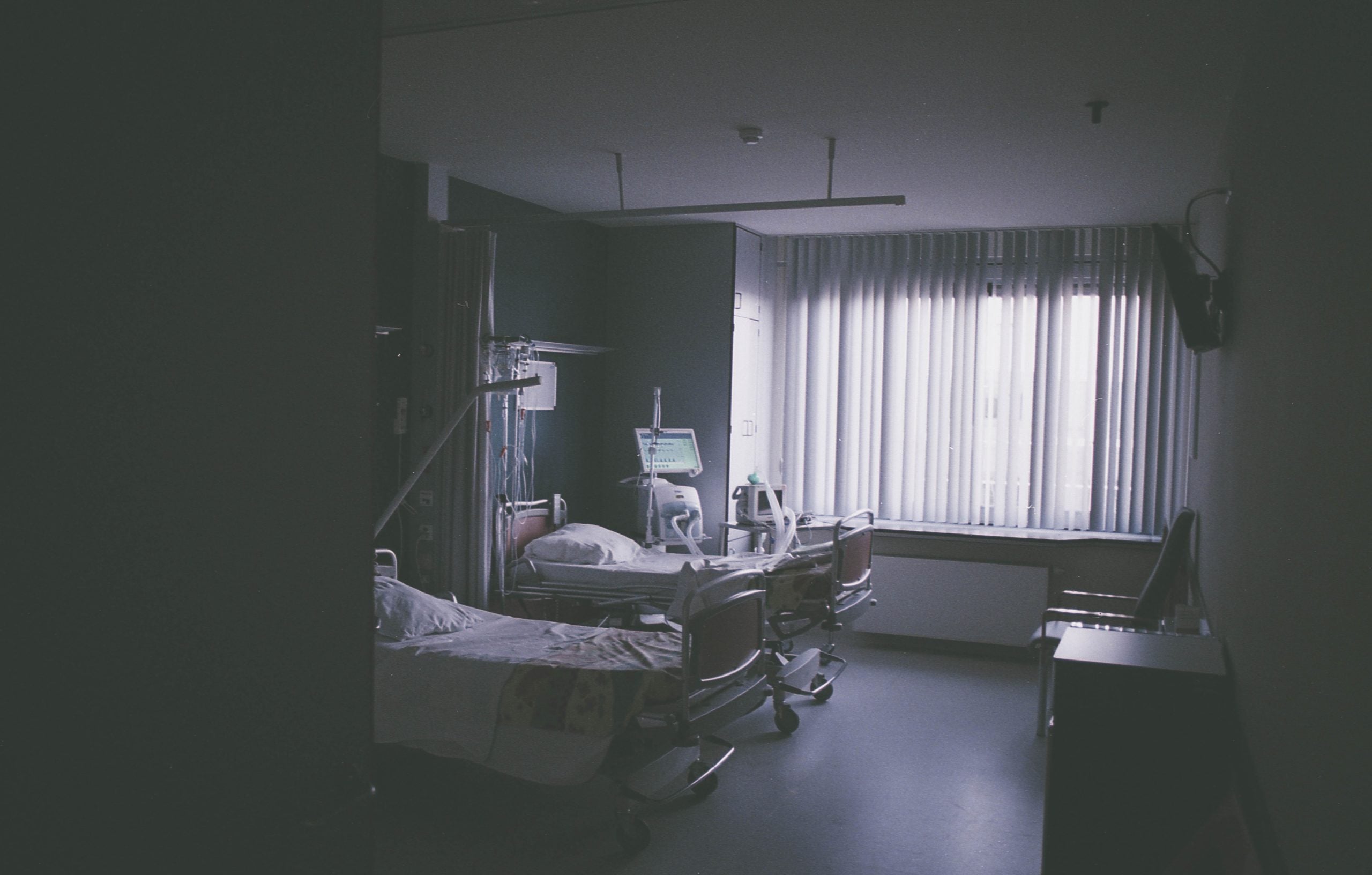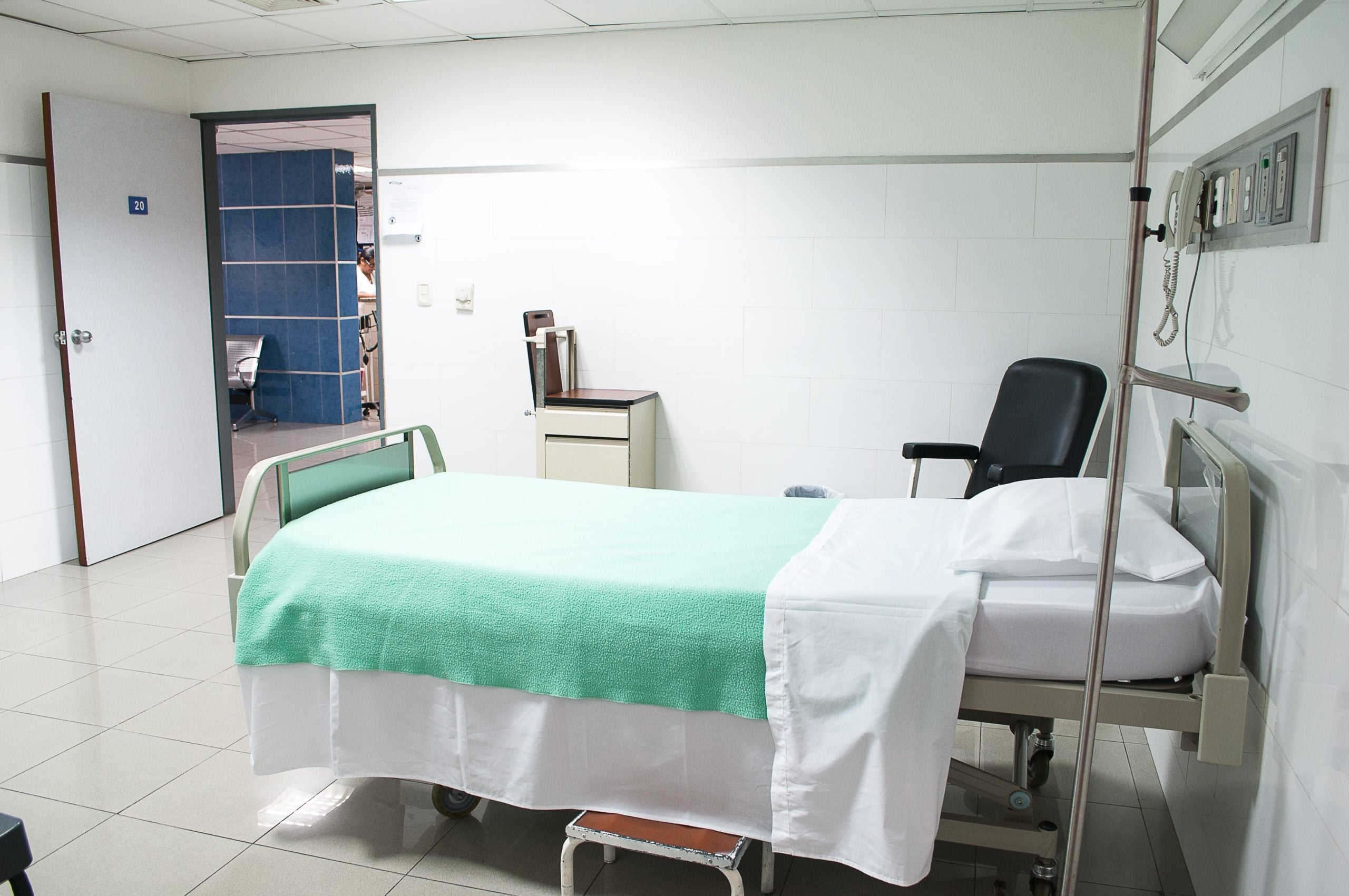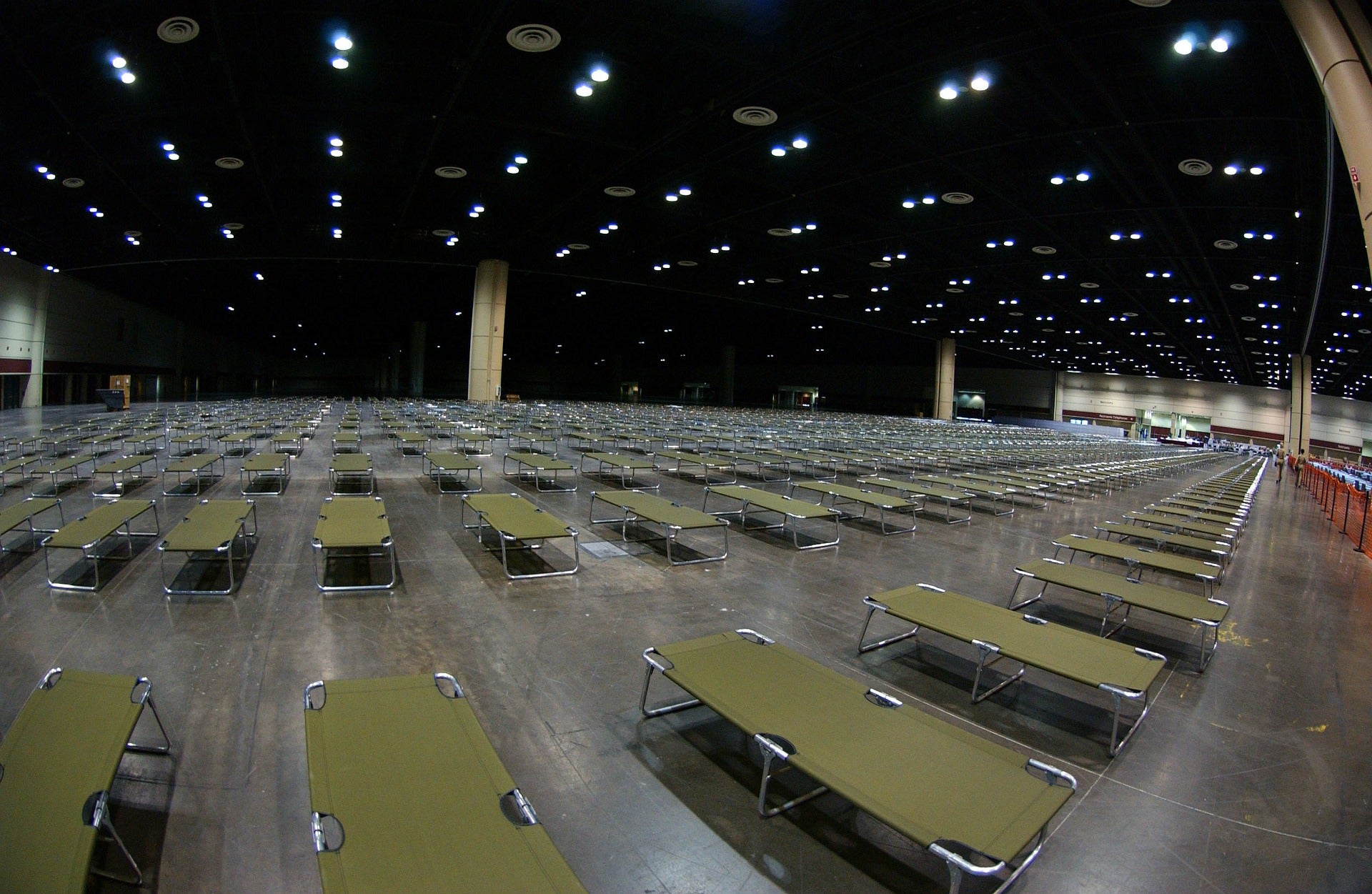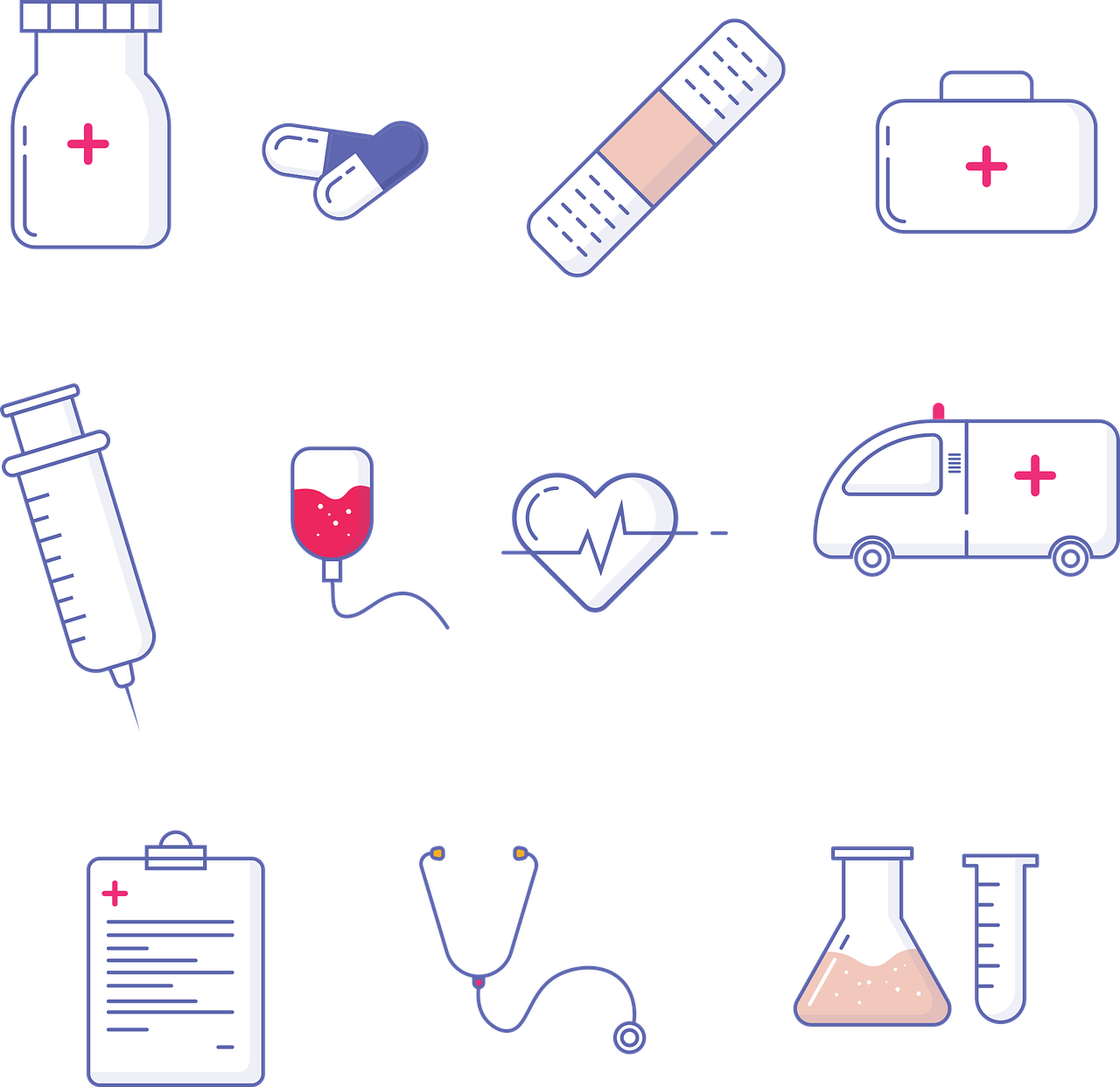What we know about the health effects of climate change is just the tip of the iceberg, according to our research fellow and emergency medicine physician Dr. Renee Salas in her article, “The Climate Crisis and Clinical Practice,” published in The New England Journal of Medicine.
It’s critical for hospitals and medical professionals to adapt health care delivery to climate change. Implementing solutions will require stakeholders across disciplines to strategize, share best practices, and learn from health professionals and systems that have already been threatened by climate change.
Climate changes health and also the ways climate change has made it more challenging for clinicians to do their jobs. For instance:
-
-
New norms in extreme heat eliciting a need for better heat warning alerts, emergency room protocols, and clinician education
-
Rising pollen levels and longer allergy seasons impacting allergies and asthma
-
Natural disasters disrupting treatment for chemotherapy or dialysis
-
Increasing CO2 levels decreasing the nutritional value of food
-
Extreme heat impacting heat-sensitive medication, such as albuterol inhalers
-
Regional changes in vector-borne diseases like lyme disease and west nile virus
-
Increasing risk of infectious diseases in warming temperatures
-
Related:
- Climate Crisis & Clinical Care Symposium: For the first time, every major Boston-area teaching hospital came together in February 2020 to educate providers and hospital leaders on how climate change will impact their clinical practice.
- Harvard and NEJM to Tackle the Clinical Impacts of Climate Change in Boston, Australia & Across the U.S.: Six health systems commit to bringing local providers together to explore how the climate crisis impacts care delivery.
- Our ClimateMD program supports and empowers medical professionals to turn awareness of the health threats posed by climate change into actions that improve health, because doctors and nurses are the best messengers for explaining the risks of climate change to our health.
- Watch our short video to learn how climate change is already making waves in our health care system.











